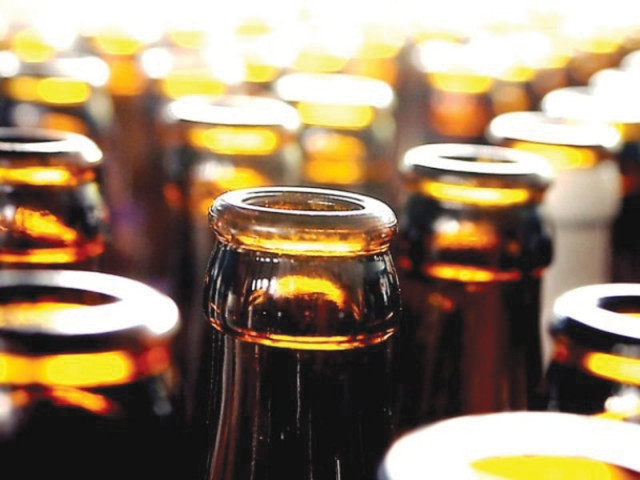Taxing business: Coca Cola obtains stay against capacity tax
Court order major blow to the Federal Board of Revenue.

The government raised the tax by 60% to 70% in absolute terms in February in a bid to make up for the revenue loss since the capacity tax was introduced in July 2013. PHOTO: FILE
The order dated March 24 is a major blow to the FBR, which introduced the controversial capacity tax under assurances from multinational companies that it will take up government revenue by 25%, according to documents available with The Express Tribune.
“This means all the Coke bottlers have refused to pay the higher tax,” said an industry official. “The big question is what took FBR so long to realise this tax wasn’t acceptable.” The government raised the tax by 60% to 70% in absolute terms in February in a bid to make up for the revenue loss since the capacity tax was introduced in July 2013.
The decision followed a steep shortfall in revenue collection from makers of aerated water drinks, many of whom had been in court against capacity tax for months.
FBR says it raised the tax after consulting two leading brands — Pepsi and Coke. “Of course this decision was taken after taking them into confidence,” said Shahid Hussain, the FBR spokesman.
“But no one can stop them from going to court.”
The tax had become a bone of contention since its introduction as local brands, which have a smaller market share, faced a crisis.
This mode of tax charges the capacity of machines instead of actual production. Local companies and smaller bottlers say they have extra capacity and sales fluctuate due to seasonal demand.
While companies sought the court’s help to block the new tax, many rolled back their capacity by dismantling filling machines in fear of paying penalties. FBR realised its folly of agreeing to impose sales tax and federal excise duty on the basis of using a certain number of valves or spouts installed in beverage plants.
“The FBR has been monitoring the performance of capacity regime since July 2013, and has found that it has resulted in a sizable decline in duty and tax collection received by the government,” according to the chief of automation and sales tax in a December report.
A tax of Rs1.175 million to Rs4.7 million was imposed on each valve depending on the origin of the machine after two major industry players committed a 25% increase in government revenues.
Up till December, the industry had actually paid just 21% of the targeted figure. This happened despite the fact the price of beverages increased by 22% to 28% but the government didn’t receive additional revenue as the tax was fixed on per spout basis.
According to the FBR, the industry representatives, who assured it of increase in taxation, overstated the number of installed valves, managing to get the rate per valve fix at a lower level.
Sales of Pakistan’s beverage industry increased 37% to Rs172 billion in 2012-13 over the previous year. In 2012-13, government collected Rs20.4 billion in taxes from the industry.
Industry officials remain sceptical about the capacity tax issue being resolved any time soon. Many also see FBR’s negligence and deliberate involvement of some government officials in creating the mess.
Published in The Express Tribune, April 1st, 2014.
Like Business on Facebook, follow @TribuneBiz on Twitter to stay informed and join in the conversation.



















COMMENTS
Comments are moderated and generally will be posted if they are on-topic and not abusive.
For more information, please see our Comments FAQ